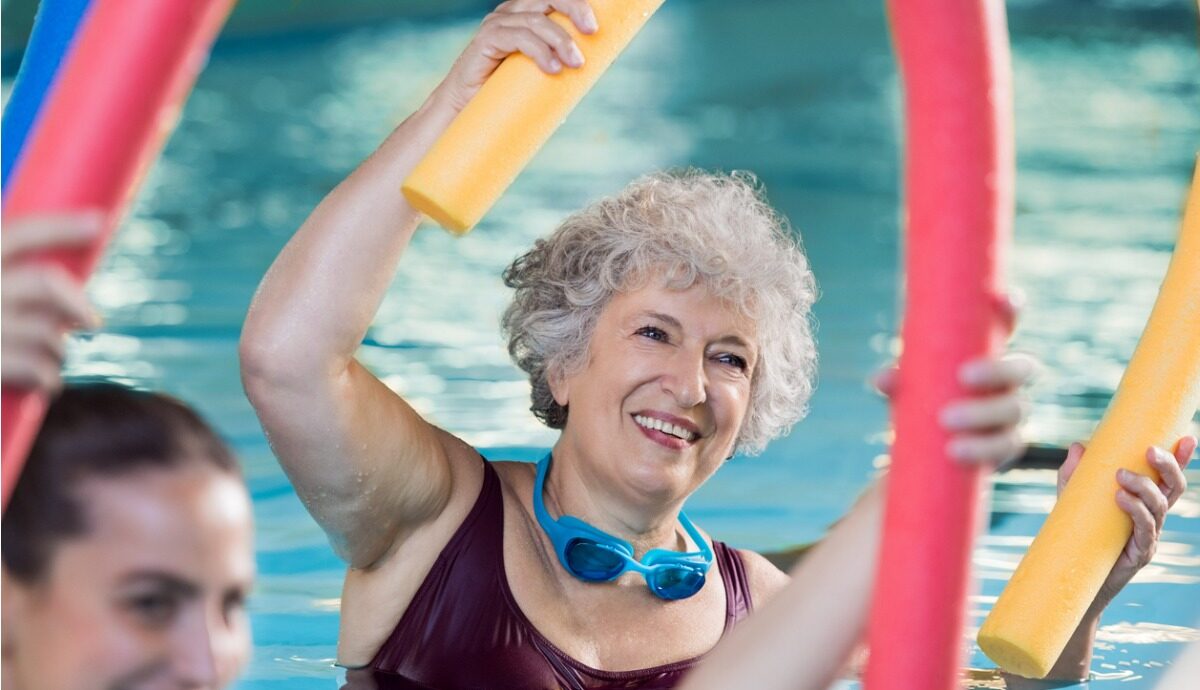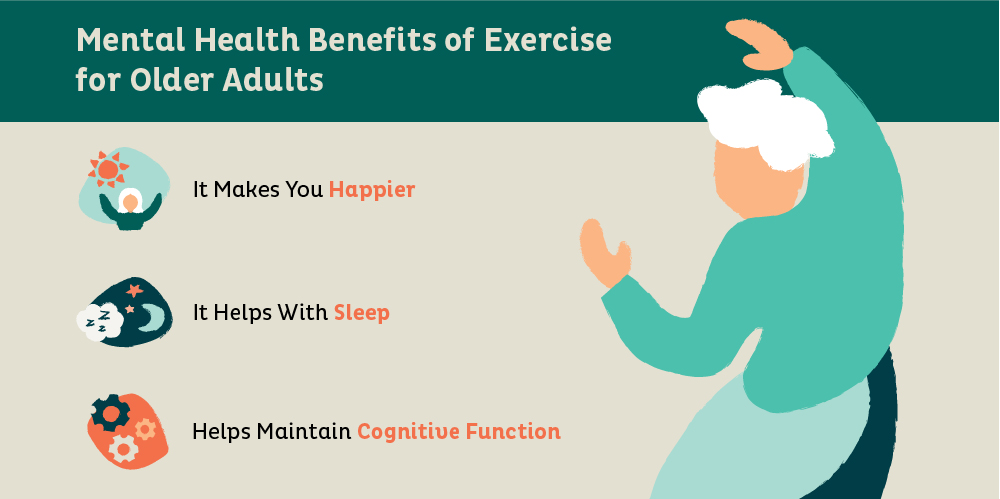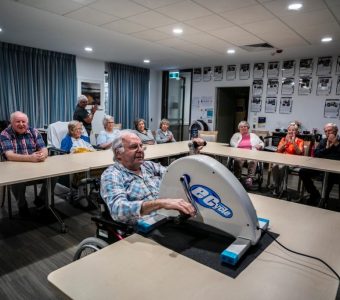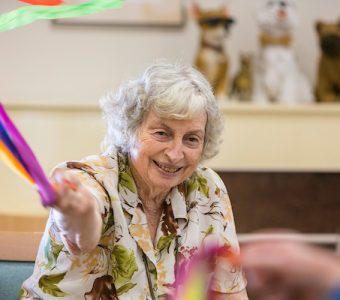
The Mental Health Benefits of Exercise For Older Adults
Exercise is an important activity for people, especially as you grow older. Beyond the immediate effects on someone’s physical strength, it can help cope with age-related mental health issues and promote a sense of well-being; Studies have shown a link between improved moods, memories, and the ability to manage anxiety. Moreover, participating in creative ageing activities such as dance can provide numerous benefits for mental health in older adults. Below, we outline why exercise is crucial for your mental well-being and healthy ageing.
Staying Active: Exercise For Older Adults
Regular exercise and physical activity are important parts of your daily routine, no matter what age you are. As we grow older, exercise will help us maintain independence and balance the limitations of our bodies. It also doesn’t have to be too vigorous. Light activities such as walking, stretching and balancing all contribute to reducing the risk of falling, cardiovascular diseases and other age-related issues.
At Whiddon, we take a holistic approach to aged care, which is why we believe in helping our residents and clients stay active and engaged throughout their daily lives. We promote well-being through fun programs such as our award-winning Exercise 4 Life program, Power Moves and Dancewise which assist in building a sense of identity and encourage continued participation. Before building an exercise program for yourself or a loved one, it’s also recommended to speak with a medical or exercise professional.
Mental Health Benefits of Exercise
Exercise and physical activity has been linked to several mental health benefits as a person grows older.

1. It Makes You Happier
When a person exercises, the body produces hormones that can have several effects on the brain and nervous system. One of these chemicals is endorphins which give off a positive sensation and makes you feel happier. Performing regular physical activity will produce these chemicals more often and help manage your mood, especially in relation to mental health issues such as depression.
2. It Helps With Sleep
As we grow older, we may often find it harder to sleep. Less sleep can result in regular feelings of anxiety, stress and general fatigue during the day. Regular exercise helps to increase our deep sleep cycles which improves rest quality and duration. During this period, our body can reset and relax from the day.
3. Helps Maintain Cognitive Function
Exercise has also been linked to reducing the risk of dementia and other cognitive disorders that may appear as we grow older. Performing physical activity improves oxygen and blood flow to all parts of the body, including our brain. This promotes cell growth and regeneration, increasing our memory and control over thinking.
| Exercise Type | Mental Health Benefit | Duration |
|---|---|---|
| Walking | Reduces stress and anxiety | 30 mins/day |
| Tai Chi | Improves mood and balance | 20 mins/day |
| Gardening | Boosts cognitive function | 1 hour/week |
What Is Creative Ageing?
When people think of exercise, they usually conjure up images of lifting weights, running and other routines. However, exercise can also include a whole range of activities that aren’t just fun but promote a healthy lifestyle. Creative ageing is a concept that involves engaging in activities such as dance, singing and art therapy to improve mental and physical well-being.
As part of Whiddon’s commitment to relationship-based care, we may also host these activities in groups, which can enhance a sense of community to tackle loneliness and create a positive mindset amongst participants. This also ensures that everyone can reap the benefits of regular exercise.
Learn more about the health benefits of our care and well-being services and get in touch with us today.




